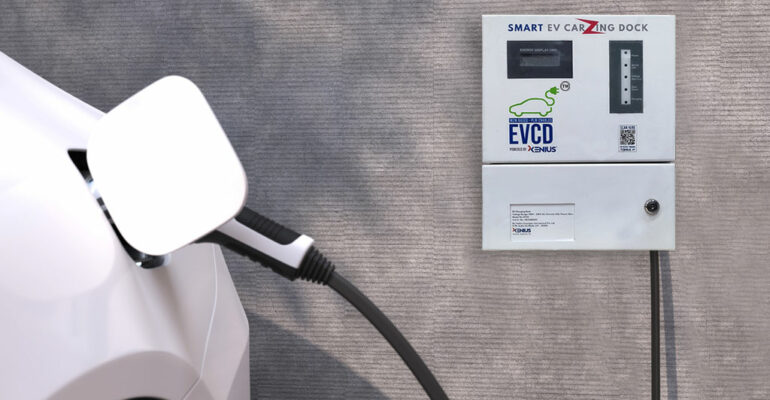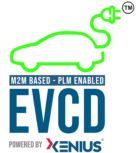Delhi To Have One Charging Point For Every 15 EVs By 2024
January 25, 2023 2023-02-17 5:33Delhi To Have One Charging Point For Every 15 EVs By 2024

Delhi To Have One Charging Point For Every 15 EVs By 2024
Human activities have caused a significant increase in Green House Gas (GHG) emissions over the last few decades. Carbon dioxide emissions from vehicles and factories have lowered air quality to critical levels. That is why, in order to reduce pollution, we must transition to electric vehicles. The automobile industry’s future is electric.
The automobile industry in India was the hardest hit by the Covid-19 pandemic. Vehicle sales have plummeted dramatically. The Electric Mobility market in India is just getting started, and sales of Electric Vehicles (EV) are increasing.
The biggest hindrance to the large-scale adoption of electric vehicles is inadequate charging infrastructure. As a result, the Government of Delhi released a document, titled ‘Charging/Swapping Infrastructure Action Plan for 2022-25,’ which stated that the national capital will put the incentive provided to battery swapping facility operators in the Delhi EV policy into action.
According to a new policy, the Delhi government intends to establish EV charging stations throughout the National Capital to serve battery swapping facility operators and to provide them with subsidies. By 2024, the national capital hopes to have one public charging point for every 15 EVs, spread evenly across the city and accessible within three kilometres of anywhere in the city. In addition, the government will engage with the power distribution companies, or DISCOMS (Distribution Companies), to study the effects of EV charging on the grid with respect to its stability and behaviour because of these charging stations.
If the battery is not sold with the vehicle, energy operators will receive up to 50% of the purchase incentive to ensure that the end user does not have to pay a large deposit. Vehicle manufacturers will be encouraged to separately register their swappable models.
According to the government of Delhi, battery swapping could become a viable solution for electric two- and three-wheeled vehicles, which account for the majority of EVs in the country. It enables a customer to purchase an EV without a battery, significantly lowering the EV’s cost.


